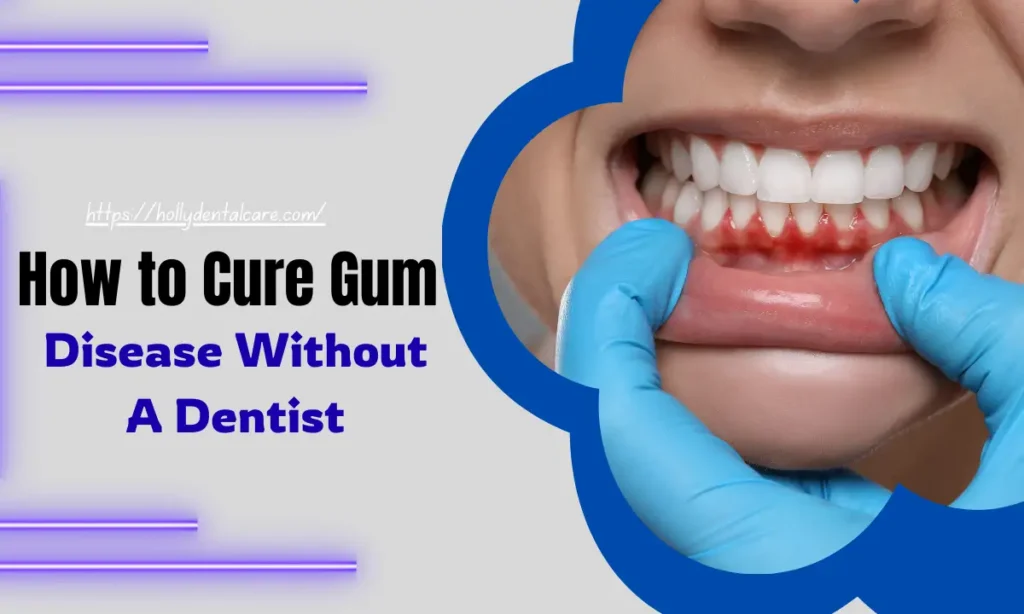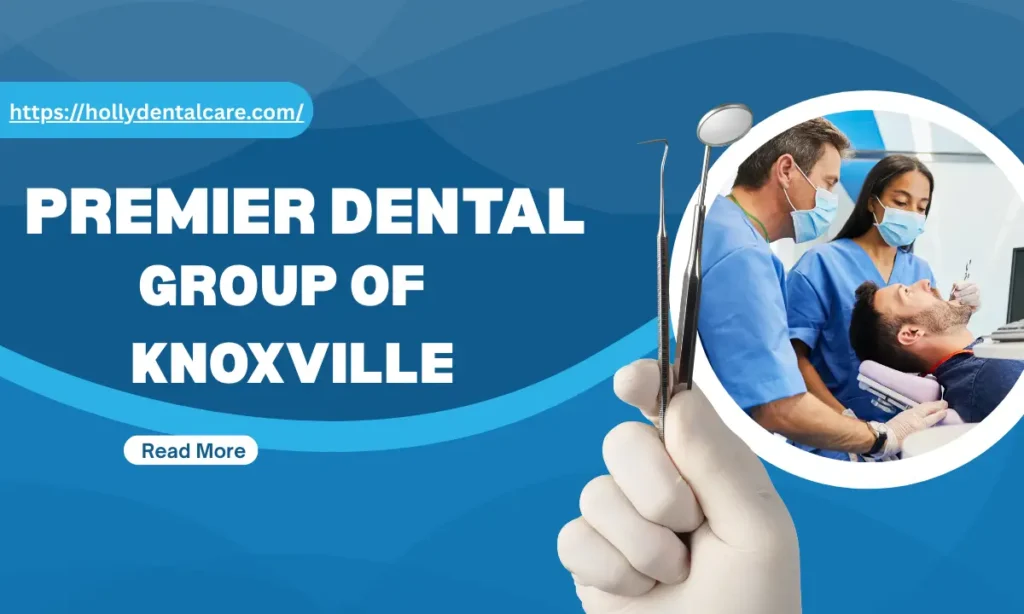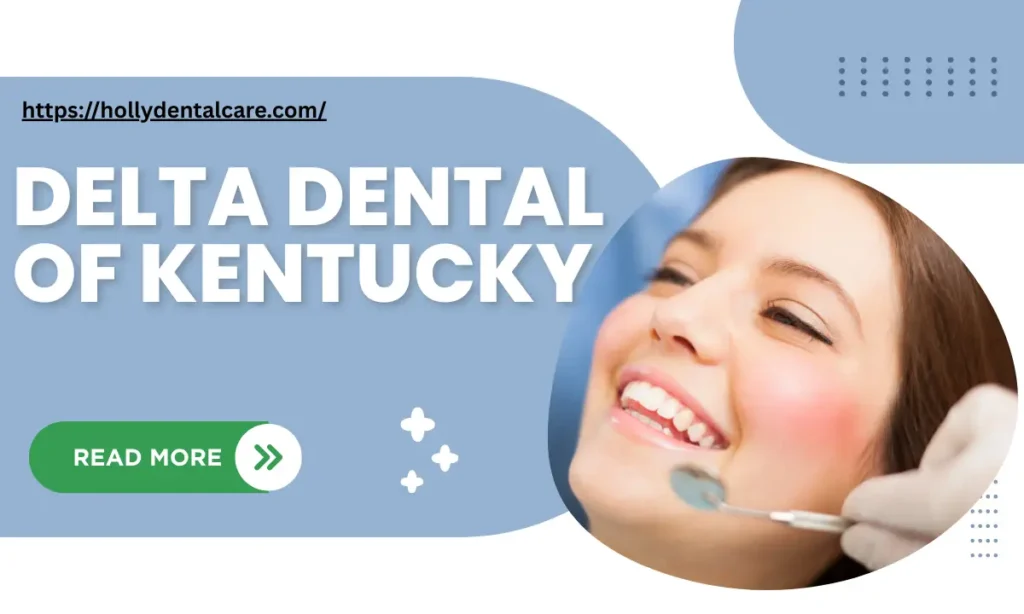How to Cure Gum Disease Without a Dentist: Periodontal disease, in its early stages, is a silent and very common, yet frequently undervalued, problem of oral health, which is the reason why it is quite a struggle to detect it. The initial symptoms are bleeding, swelling, and redness of the gums, which the patient may not notice or may disregard and thus, the situation can evolve to very severe stages. In the event that the infection is very severe it can remove the tissues and bones that support the teeth and thus the teeth fall out, and what is more shocking is that gum disease can be an additional source of other diseases like heart disease and diabetes.
Many people cannot make a dental appointment because of the cost, the distance, or their tight schedules. This is the reason why a gum disease cure at home without a dentist can be a great tool when the symptoms are at the initial stage or a person wants the symptoms to cease. Getting the right information can allow you to become an active player in taking care of your gums and teeth at your home.
Understanding Gum Disease
Stages of Gum Disease
- Gingivitis: The initial phase is due to plaque (a sticky film of bacteria). Symptoms: bleeding during brushing or flossing, redness, puffiness, tenderness.
- Early Periodontitis: Gums detach from teeth thus creating pockets in which bacteria flourish. Mild bone loss may have started.
- Advanced Periodontitis: Extreme inflammation, deep pockets, gum recession, loose teeth, and probably loss of teeth.
Root Causes
- Neglecting oral care
- Sugary diets and frequent eating between meals
- Smoking or using snuff tobacco
- Changes in hormones
- Chronic diseases
- Certain medications
Causes of Gum Disease
- Firstly, it can eventually lead to tooth loss, as the bone and tissues around the teeth that support them decline due to the disease.
- In addition, a constant unpleasant breath (halitosis) is usually associated with gum disease due to bacteria growing in the mouth.
- Besides that, gum infection can become so severe that the sufferer experiences difficulty and pain in eating which could then lead to changes in the daily diet.
- What is more, this disease can be the reason for serious health issues such as heart disorder, diabetes progression.
How to Cure Gum Disease
Master Proper Oral Hygiene
- At least twice a day use a soft-bristled toothbrush which has not been used for more than 3 months to brush your teeth.
- Do not use strong and deep brushing, as it can injure your gums.
- One time a day flossing is necessary for taking out food debris and plaque from between the teeth and the gums by toothbrushes.
- Maybe you could use an interdental brush or a water flosser to clean if flossing is difficult.
- Rinse your mouth with clean water after meals to get away with the food pieces which are left in your mouth.
Use Therapeutic Mouthrinses
- Saltwater rinse: Heat one cup of water and dissolve 1/2 teaspoon of salt in it; swish the rinse for 30 seconds, twice a day.
- Green tea rinse: It contains antioxidants and catechin that diminish bacteria and bleeding. Prepare, cool and use as a rinse of the day.
- Aloe vera juice: An effective natural anti-inflammatory agent; take the juice in your mouth for a minute and then spit it out.
Improve Your Diet
- Vitamin C: Fruits and vegetables like red bell peppers are vibrant sources of vitamin C.
- Calcium is the source of strong bones and teeth.
- Vitamin D facilitates the body’s absorption of calcium.
- Omega-3 fatty acids: The immune system is under less stress when these are present in the body.
Massage and Stimulate Gums
- Scrub your hands appropriately.
- Use a rinse to refresh the mouth and increase circulation.
Try Herbal and Natural Remedies
- Clove oil: It was used in the past for calming gum pain; a little drop is put on a cotton board which is then applied on the sore area.
- Turmeric paste: The curcumin inside of it is both antimicrobial and anti-inflammatory.
Preventing Gum Disease Recurrence
- Keep the habit of brushing twice a day and flossing once a day.
- Even if any symptoms have gone, still take a dentist’s help for periodic cleanings.
- Eat crunchy vegetables which can clean your teeth naturally in return for sugary snacks.
- Use a toothbrush with soft bristles and do not use too much force as it may cause gum irritation.
When to Seek Medical Help for Gum Disease?
- Persistent bleeding or pus
- Receding gums or visible roots
- Loose or shifting teeth
- Pain when chewing
- Sores or white patches on gums
Conclusion
If you start early and are consistent, it is definitely possible to take care of your gums at home. Evenly balanced care which includes good oral hygiene, the right food, mouth rinses, and good habits can not only relieve the inflammation but also stop the progression of the disease.
Also read:- How Long Does a Cavity Take to Form: Signs, Stages and Prevention



